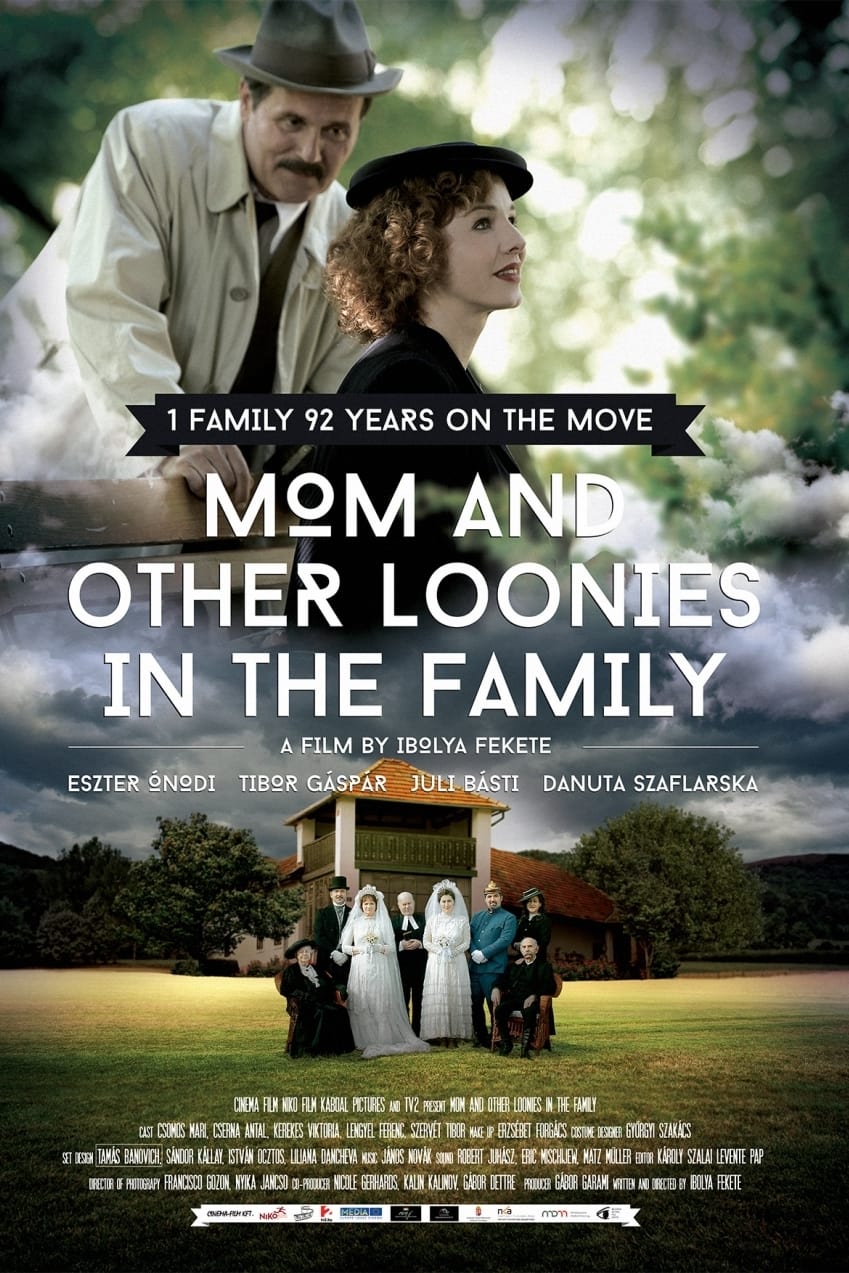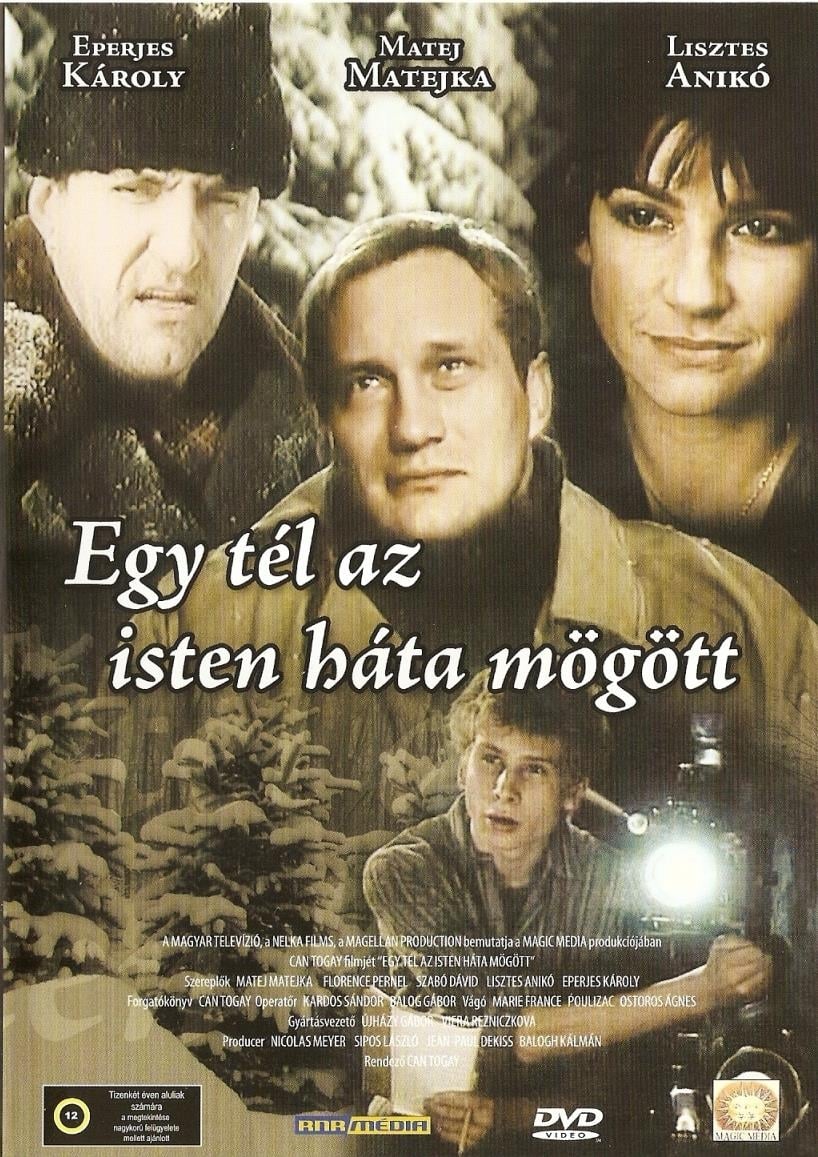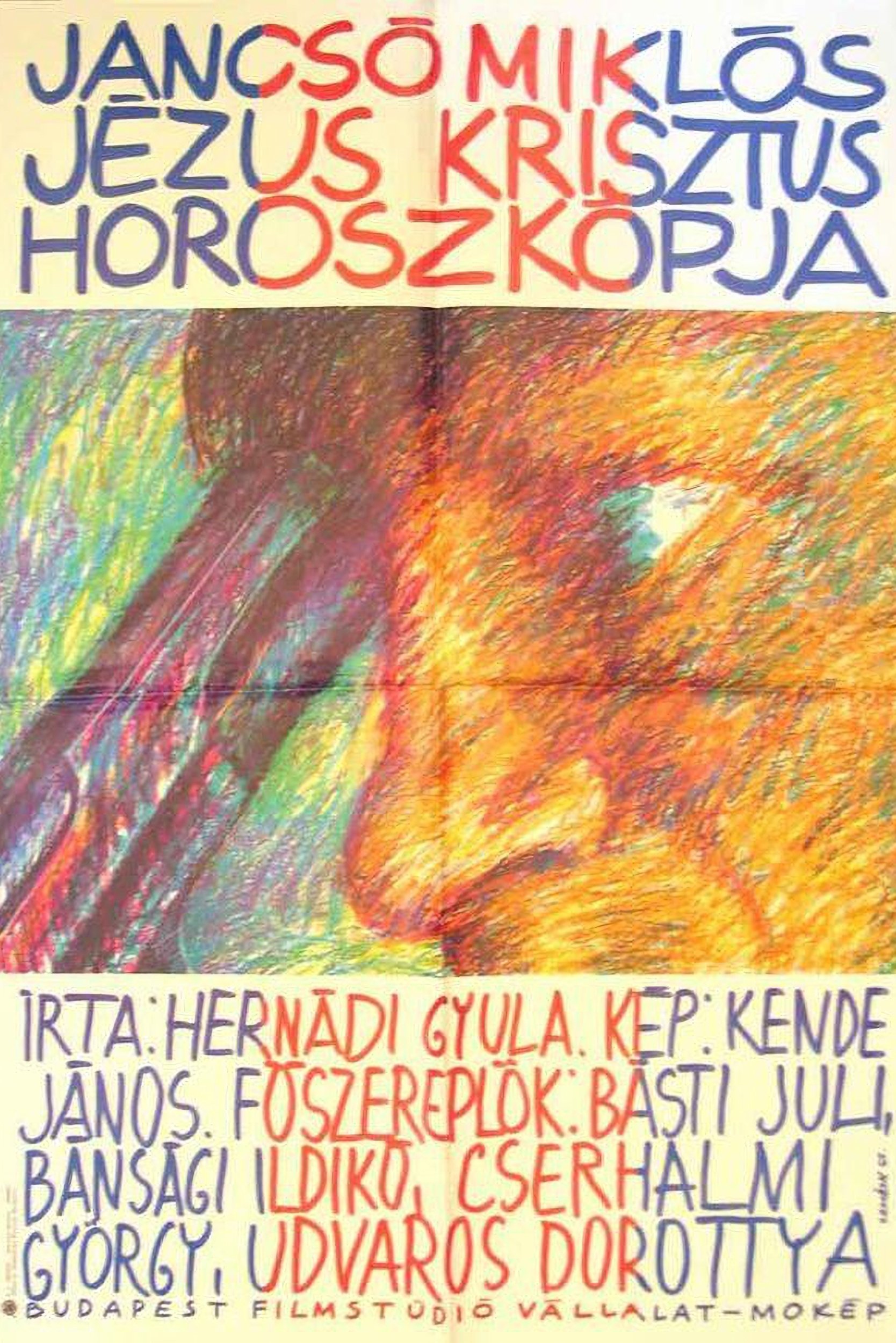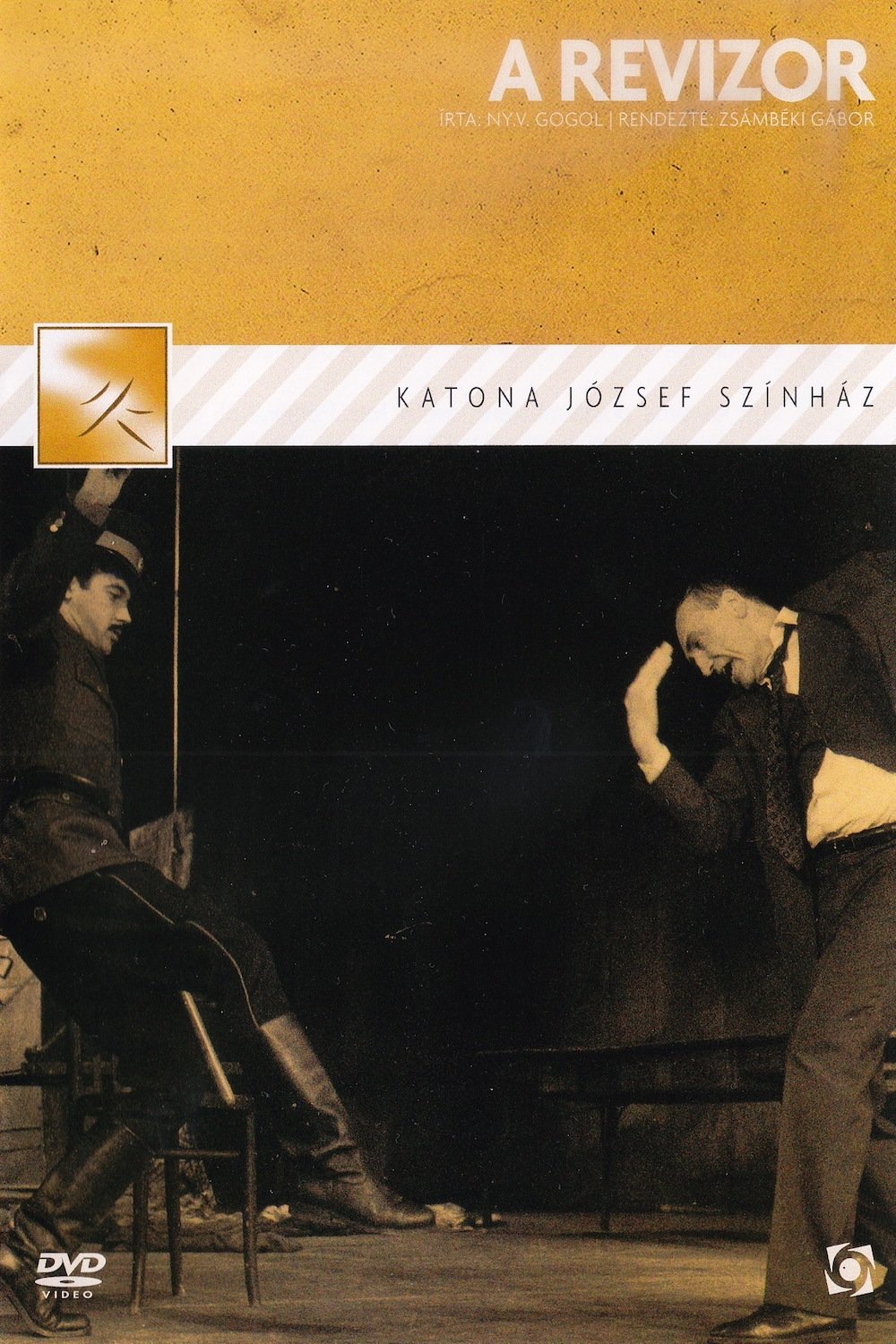

A popular writer with lack of inspiration (Szabolcs Thuróczy) and his never-seen son meets unexpectedly. From there they have to deal with living with the other in joy, in emtions and with the imagination of the child, this tales goes beyond reality.

Gergő’s mother is obsessed with having a grandchild. She has a serious heart disease and has only days left to live. To give his mum some joy during her final hours, Gergő asks his neighbour Saci, who is five months pregnant, to visit his mother in hospital with him and tell her that she is carrying his child. It all goes smoothly, but a new heart arrives, and his mum is operated. Therefore, Gergő and Saci are forced to play the roles of the loving couple.


Would you believe in a policewoman who suffers from such serious panic disorders that she is afraid to get close to any crime scene and has been on permanent office duty for more than a decade? Would you believe a lone mother who is unfit to pay her mortgage and also raise her rebellious teenage daughter? Indeed, no one believes that the troubled ex-detective has discovered a serial murder case. Personal dramas and a murder mystery unfold in present-day Budapest, where demonstrations are part of the pre-election life of a city still trying to cope with the shadows of its historical and recent past. It is a city where nothing seems honest and true, except through the eyes of an emotionally unstable policewoman and her misfit daughter who wants to know who her father truly was.

Over the course of four generations, a family in Hungary confronts poverty, political turmoil and a life that's perpetually on the move.

In the year of change in Eastern Europe, in a remote village, the regular movie show, scheduled once a week, terminates due to the motor courier’s being killed in an accident. The children find the scattered film containers, and along with the old reels left in their place they play the films they have seen so often before.

A focus on the tormented lives of intellectuals who failed to protest recent troubles in their homeland. Jancsó emphasizes highly evocative and ambiguous imagery over dialog or exposition as he – through visually fascinating imagery – depicts the painful, stunted lives of Hungary's intellectuals who have remained silent and ineffectual during various political crises.

By browsing this website, you accept our cookies policy.